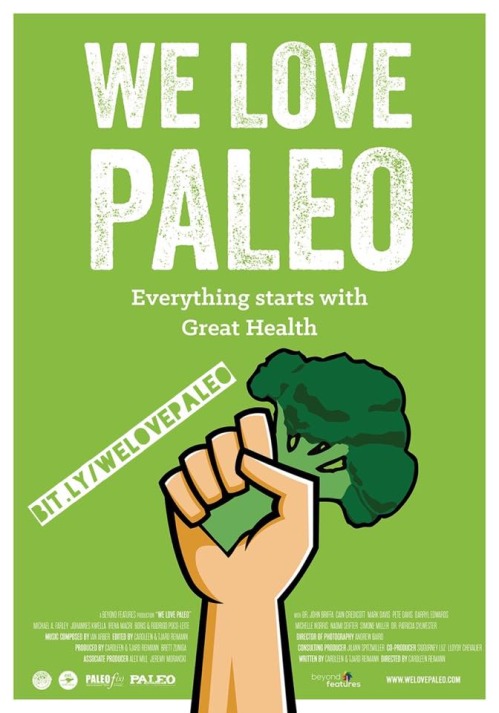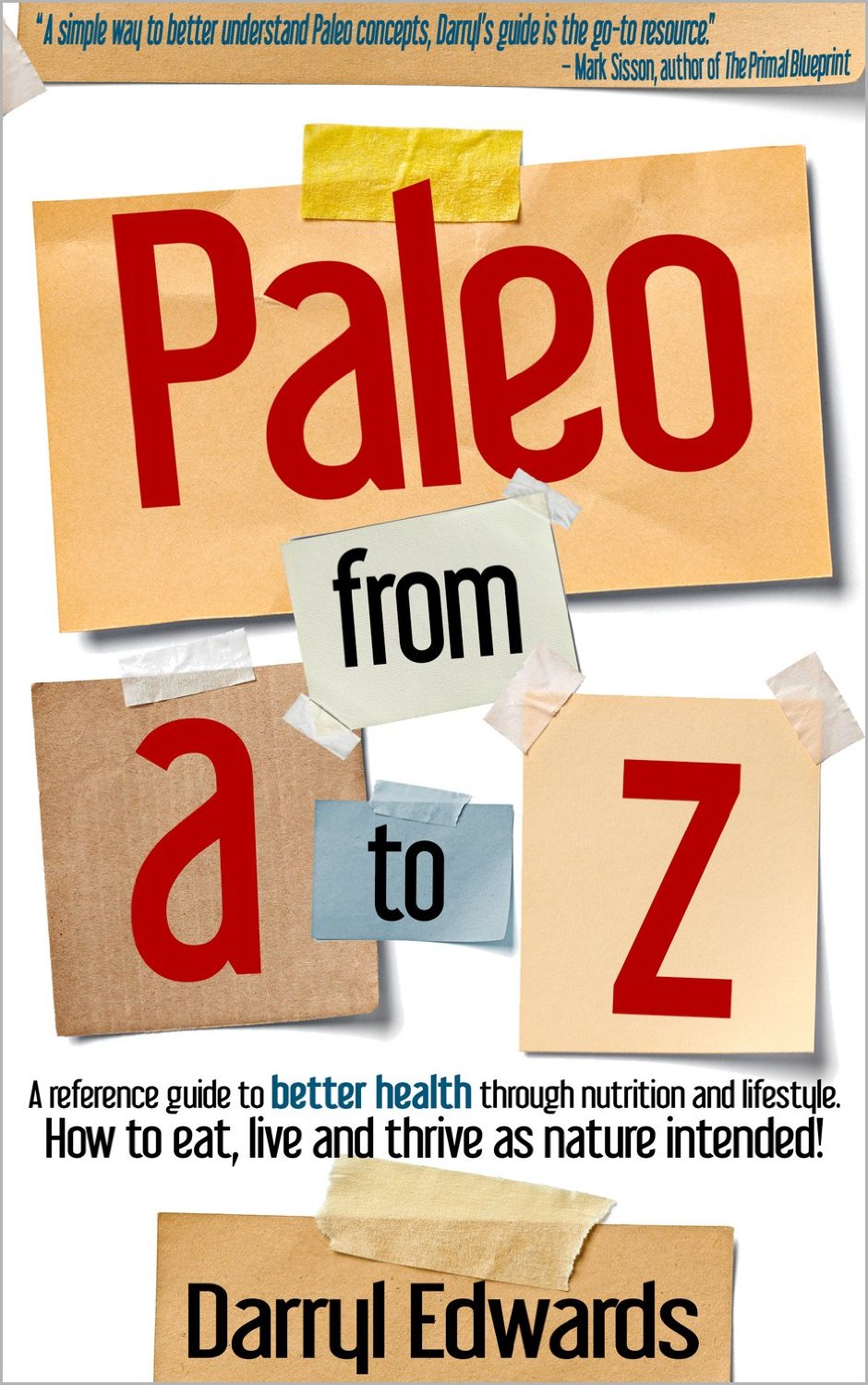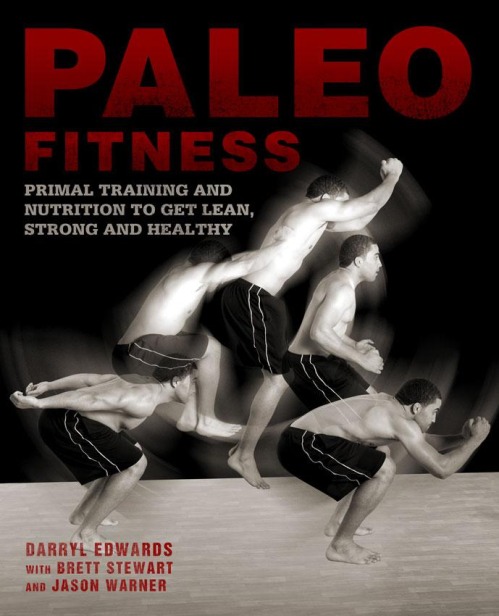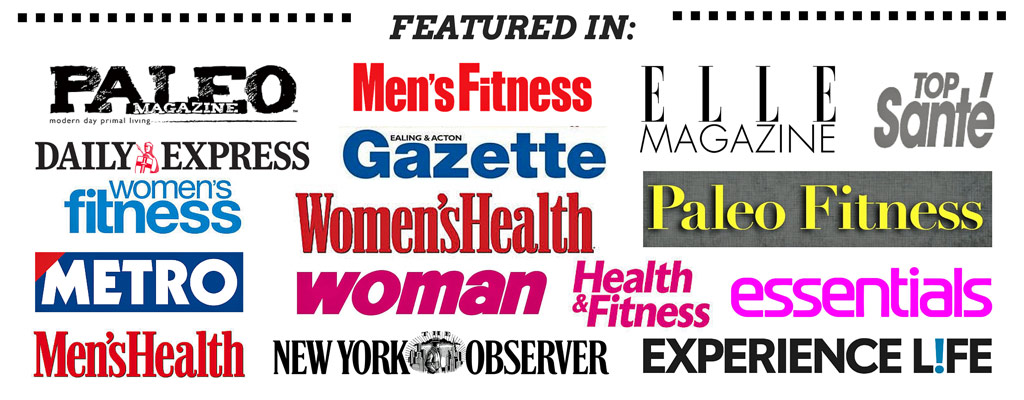Health: The Truth About Exercise
 Thursday, March 1, 2012 at 11:00 | by
Thursday, March 1, 2012 at 11:00 | by  Darryl Edwards
Darryl Edwards Health: The Truth About Exercise
I watched a documentary on BBC 1 last night entitled "The Truth About Exercise". The programme uses the latest research to dispel some myths about exercise and to report the latest research on studies helping us to live healthier and longer lives.
This is what I took away from the programme (most of these figure in my personal philosophy in relation to movement):
- short bursts of High Intensity Interval Training (HIIT) using protocols such as Tabata can be more advantagous than hours spent with moderate level steady state work such as jogging;
- Non-Exercise Activity Thermogenesis (NEAT) i.e. as I call it "Pottering" around - i.e. low intensity movement that is not sitting - like standing, walking and just generic day-to-day everyday movement is more benefical than we realise;
- that we all respond to exercise in different ways - "one size does not fit all";
- that diet (as well as exercise) contributes to a healthy body composition;
- improving V02 max and insulin sensitivity (through exercise) is a key way to improve long term health and longevity;
- mind over matter - the mind tires before the muscle even though we often assume it is the opposite;
- (and with a little tongue-in-cheek) the irony that most people (in this case scientists) advising us on what we should be doing - often don't seem to practice what they preach or don't appear to be reaping the benefits themselves. I call this the "hairdresser syndrome" they can create great hairstyles for clients but that doesn't mean they will make the best decisions for their own hair.
If you reside in the UK you can use the BBC's iPlayer to watch this documentary for a limited time (expires 30 March 2012) --> Horizon: The Truth About Exercise
There is a small clip below from the documentary on High Intensity Training for those who reside outside the UK via YouTube.




















